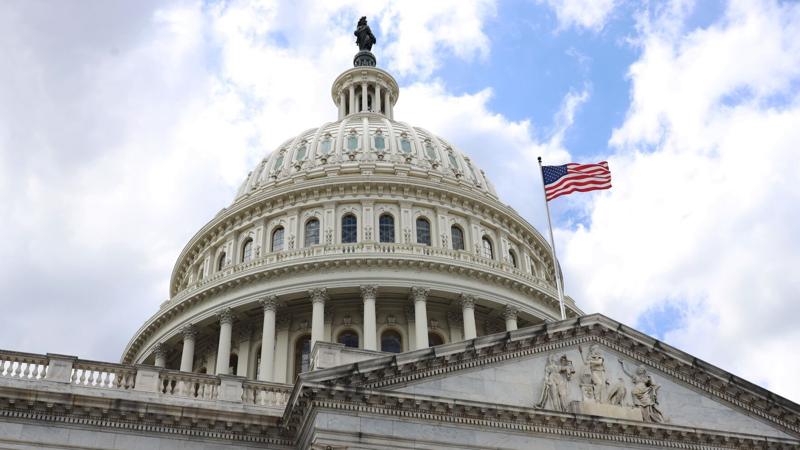Low-income households are becoming increasingly dependent on government welfare and entitlement programs rather than work paychecks, according to a new report from the Congressional Budget Office.
Comparing data from Distribution of Household Income reports and the Official Poverty Measure, the CBO found that Americans living below the poverty threshold in 2021 received about 25% of their income from employment earnings, versus 60% in 1979.
Poverty rates have also plunged during that time, dropping from 13.3% to around 3.5% after adjusting for inflation. But the decrease is due to the corresponding expansion of government benefits for low-income households including welfare programs, Social Security, and unemployment insurance, the report shows.
The U.S. spends over $1 trillion on more than 80 of these taxpayer-funded programs, prompting U.S. House Ways and Means Committee Chairman Jason Smith, R-Mo., to request the CBO analyze distribution data.
“[O]ur nation’s welfare system has alleviated material hardship for many of our fellow citizens but at the same time has failed to promote the dignity of work,” Smith said.
“We see that there has indeed been a dramatic reduction in the number of families living below the official poverty line,” Smith said. “However, low-income Americans are receiving an ever-growing share of their financial resources from government transfers, not work.”
The report also revealed that the percentage of people with income below the poverty threshold was highest among unmarried households with children.
While the CBO did not include policy recommendations in its report, Smith offered suggestions of his own; namely, that welfare programs include stricter work requirements.
“To improve our nation’s welfare system, we must pursue policies that will lift more Americans out of poverty – including strengthening incentives to seek a job like tying benefits to commonsense work requirements,” Smith said. “This will help more of our fellow Americans achieve independence and gainful employment. Afterall [sic], a job is the best anti-poverty program that exists.”






